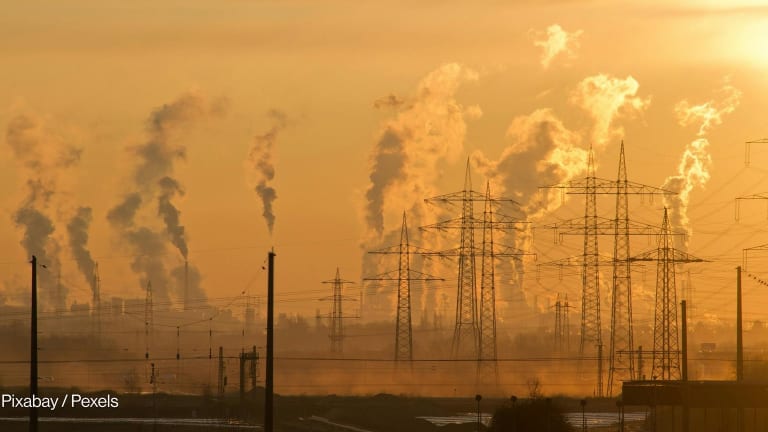It is an intuitive finding that poor households will struggle to switch to clean cooking, but a recent report from India funded by the U.S. Agency for International Development finds evidence that the real challenge is sustaining the switch when it happens.
The report is a part of the Cleaner Air and Better Health, or CABH, project and looks at the role of vulnerability in the transition to clean cooking. Its authors found that communities that are marginalized and are most in need of support face compounding challenges of poverty, caste, and gender.
The report is based on analysis and interviews conducted in three slum clusters in Chikli which is at the periphery of the central India city of Nagpur. And while those surveyed in Chikli were open to clean cooking alternatives, and even had access to them, they often could not afford to stick to it for a sustained duration, the report found.


